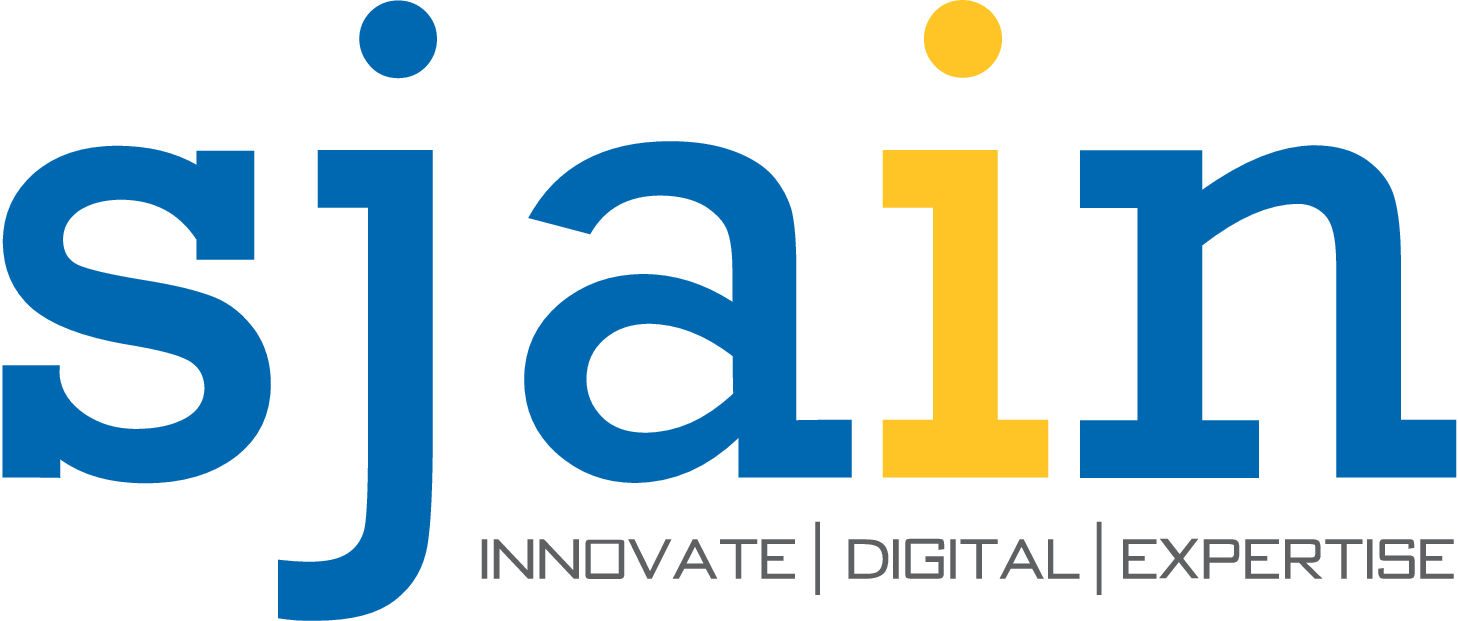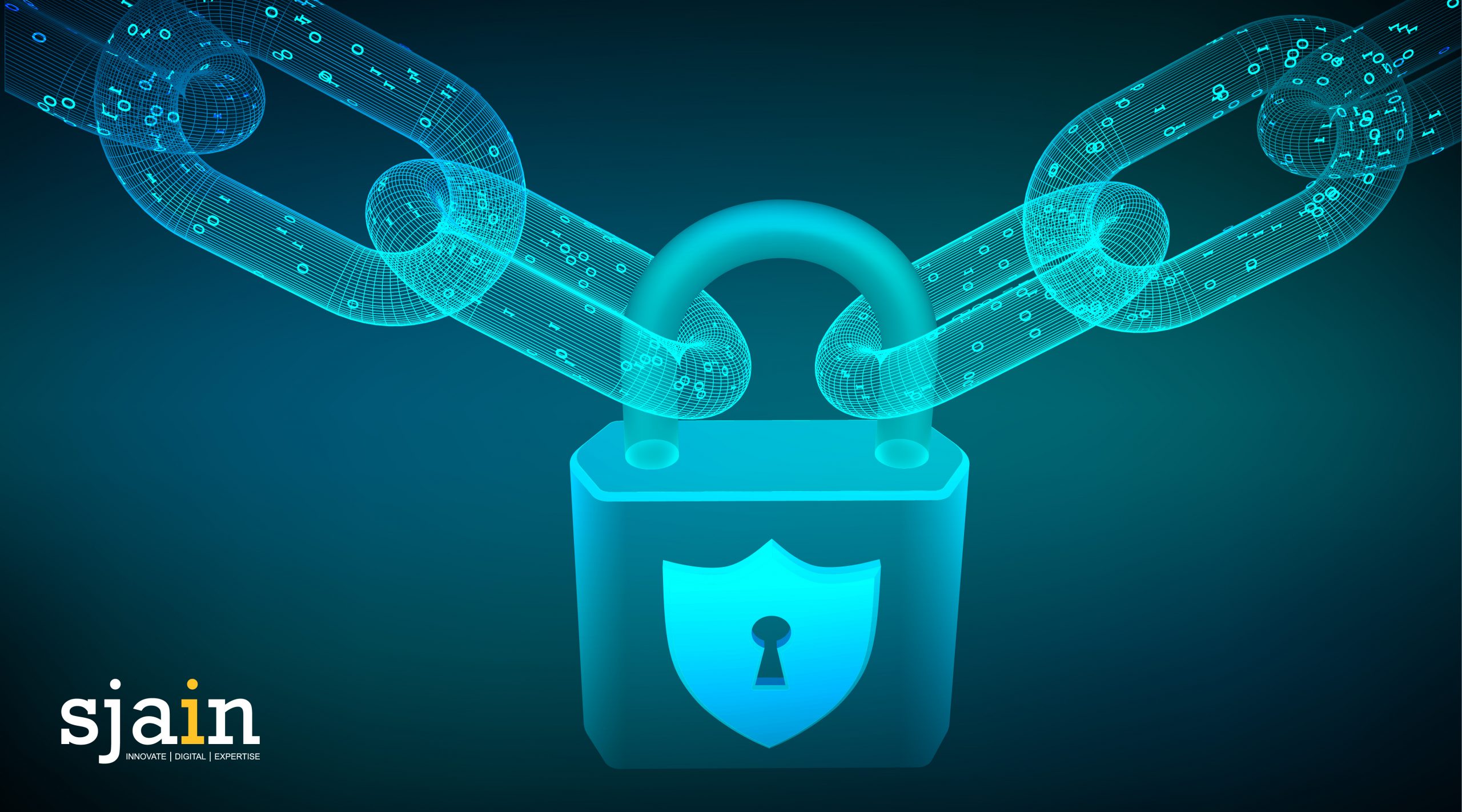Is Blockchain Secure?
By empowering customers to cut out the middleman in various critical services, rising costs and improve performance, blockchain technology changes the way we do business. It has a potential in the developing world to reduce poverty.
But it’s safe? Will blockchain technologies provide anonymity and transparency in order to provide private and misleading information at the same time?
This should concern development institutions, companies and governments which are exploring Blockchain with a view to providing more efficient aid, money transfers, intelligent contracts, health services and more. This should concern development institutions, companies and governments which are exploring Blockchain with a view to providing more efficient aid, money transfers, intelligent contracts, health services and more. Similarly, social entrepreneurs need to question the potential for cheaper international payments, clearer rights to property and broader financial access.
Blockchain may be best understood as a decentralized directory that can cut costs by removing brokers such as banks and decentralizing trust effectively. The system adds data to the directory, which is checked not by a central authority but by the broader user community.
Blockchain may be best understood as a decentralized directory that can cut costs by removing brokers such as banks and decentralizing trust effectively. The system adds data to the directory, which is checked not by a central authority but by the broader user community. Each block is a transaction record and connected by the chain. The distributed database network confirms the authentication and sequentially lists transaction blocks – the blockchain.
Blocks’ security
A blockchain is a digital “block” chain, as the name suggests, containing transaction records. Before and after each block, all blocks are connected. This means that a single record is difficult to manipulate, because a hacker needs to modify both the record block and the connected blocks in order not to detect it. This alone does not seem to be a deterrent, but blockchain has many additional inherent features that provide additional protection.
Cryptography secures records on a blockchain. Network members have their own private keys issued as personal digital signatures for transactions they conduct. The signature is invalid if a record is changed and the peer network knows immediately that something is happening. In order to prevent further damage, early warning is essential.
In deciding whether your chosen technology will have the protection you need, it is vital that you are aware of this. There are actually, with some variation, two key blockchain forms, public and private. The blockchains, public and private, differ in a few ways that may influence their level of security. Blockchains have some desirable features to secure transaction data at first glance. But when you want to use a blockchain for business, there are other conditions and requirements to consider.

